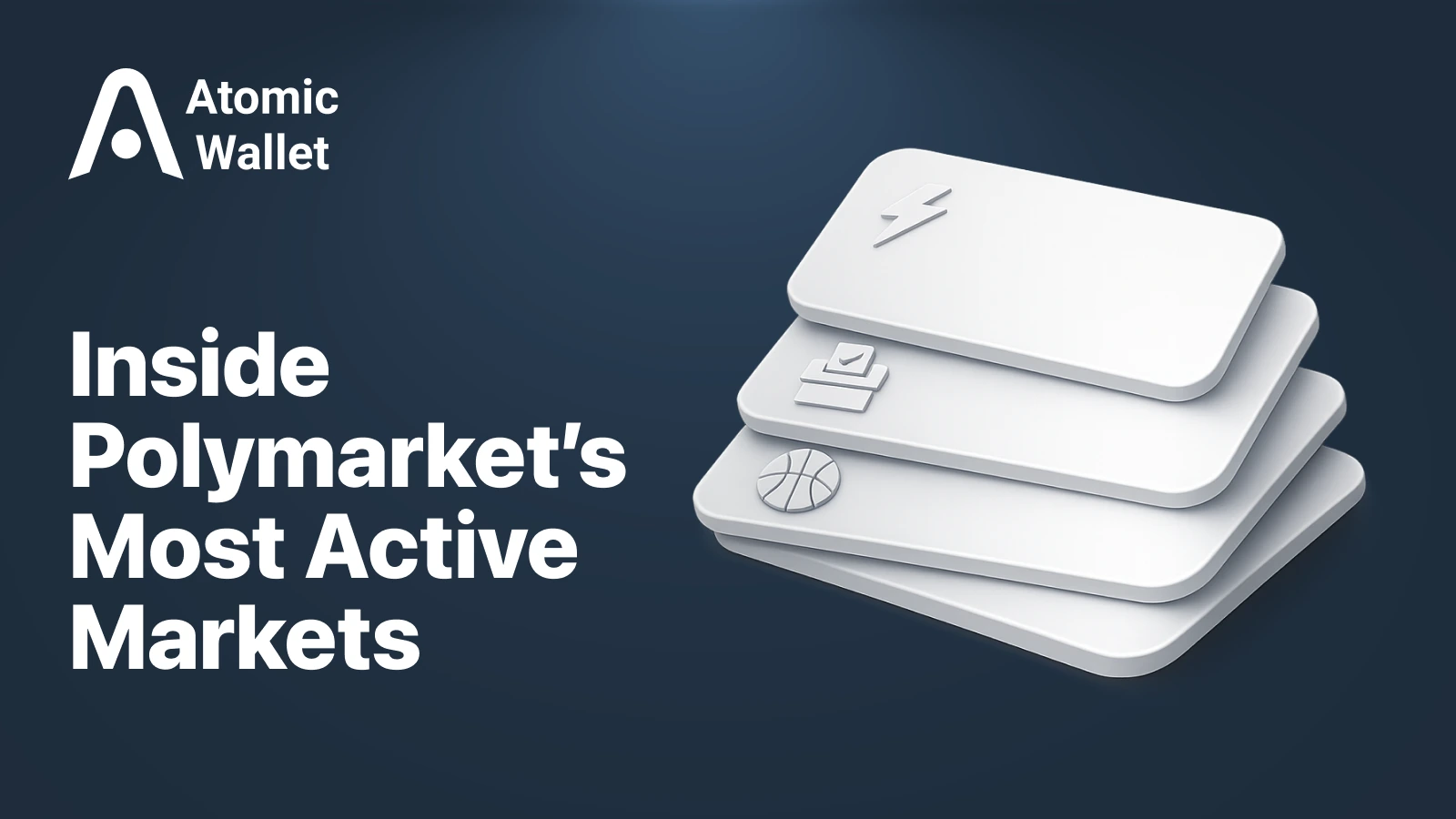Assets

Exchange

Buy Crypto

Products




Bitcoin applies a system called Proof-of-Work (PoW). This is where powerful computer hardware, also known as miners or mining rigs, race to solve complex puzzles to secure the network and earn $BTC. Traditionally, this required owning expensive processors and dealing with the noise, heat, and eye-watering energy bills from running these powerful rigs 24/7.
Cloud mining offers an alternative, more efficient approach. It involves renting the computing power from remote data centers, simplifying access to Bitcoin mining rewards. However, before diving into cloud mining, it's vital to understand the promises, the potential pitfalls, and whether it's a feasible alternative to earning BTC in exchange for confirming transactions on the original blockchain.
At the heart of Bitcoin’s “Proof-of-Work” (PoW) design, there’s the ethos that instead of relying on one central authority (centralization), a vast network of computers (miners) work to secure the network and verify transactions in a decentralized manner. To do this, miners engage in a competition to solve complex mathematical puzzles. The first miner to crack the puzzle gets to add a new "block" of transactions to the Bitcoin blockchain, earning newly minted Bitcoin (BTC) and transaction fees as a reward. These rewards are highly lucrative.
The computing power a miner contributes is called their "hashrate." Think of it like the speed of their calculations. The higher a miner's hashrate, the more guesses they can make at the puzzle per second, increasing their chances of winning the block reward.
There are several motivations for mining Bitcoin.

Cloud mining provides a way to participate in Bitcoin mining without the need to purchase, set up, and maintain specialized hardware. Instead, users rent computing power (hashrate) from remote data centers that are already equipped with mining rigs.
These companies handle all the technical aspects and maintenance. When a user signs up for a cloud mining contract, they typically pay for a specific amount of hashrate for a set duration. The rewards generated are then distributed to the user based on their rented hashrate's contribution to the overall mining pool.
Cloud mining offers several distinct models, each as nuanced and technical as the next. Let's take a look at the most commonly-available types of cloud mining:
Hosted Mining: This model involves renting physical mining rigs owned and operated by a cloud mining company. You gain dedicated hashrate from specific hardware, often giving you more customization options when it comes to the coins you want to mine. Hosted mining companies will also typically offer to sell you bundles of 10, 20, or even hundreds of miners, which can cost hundreds of thousands of dollars. With the larger companies in this space, they usually have cloud mining operations in different parts of the world, all with different energy costs, that you can choose from.
Virtual Hosted Mining: In this model, you rent a portion of a company's overall hashrate. Unlike hosted mining, you're not tied to specific physical mining rigs. This can offer greater flexibility compared to hosted mining, allowing for potentially easier switching between cryptocurrencies if desired. Those who opt to rent hashrate from a provider in this way will almost certainly get lower returns on their investment, but the price of entry will also likely be lower for first-time mining investors.
Leased Hashrate: This approach allows you to rent hashrate directly from a marketplace, cutting out the traditional cloud mining company middleman. While this option might give access to a wider range of hashrate contracts, it often requires more technical knowledge from the user to navigate the marketplace and manage different contracts. It is not as simple as pursuing the best yield, as you will typically be offered a variety of cryptocurrency options and must also consider their respective price fluctuations. Here’s how the process might look:
It’s important to know how Bitcoin distributions are made, and why they aren’t fixed forever before you consider getting into mining.
Bitcoin's supply is finite, capped at 21 million coins. To ensure scarcity and control inflation, a process called the Bitcoin halving occurs roughly every four years. During a halving event, the reward miners receive for successfully adding a block to the blockchain is cut in half.
This programmed reduction in block rewards plays a crucial role in Bitcoin's economic model and influences the potential profitability for miners, including those using cloud mining services. The next Bitcoin halving is expected to occur in the second half of April 2024, when the current block reward of 6.25 BTC will drop to 3.125 BTC.

The next Bitcoin halving will cut block rewards to 3.125 BTC from 6.25. Source: NiceHash
Cloud mining can offer several key advantages compared to traditional Bitcoin mining setups:
While cloud mining presents potential benefits, it's crucial to approach it with a realistic perspective. Understanding the risks involved is essential for making informed decisions and avoiding disappointment.
Bitcoin's price is notoriously volatile, which directly impacts your potential earnings. For example, if the price of BTC plummets after you've invested in a cloud mining contract, your mining payouts (denominated in BTC) might be worth significantly less when converted into fiat currency.
Rising network difficulty can also make it harder to earn rewards, further squeezing profit margins. Finally, cloud mining providers charge fees that eat into your potential profits, making accurate profitability calculations almost impossible. There are no guarantees that your chosen mining company will win any blocks.
When you enter a cloud mining contract, you entrust the management of hardware and mining operations to the provider. This means you have limited influence over factors like energy efficiency, maintenance, or decisions about which specific coins are mined. If the company is mismanaged or experiences technical problems, it can negatively impact your profitability.
Unfortunately, the cloud mining sector has been plagued by fraudulent schemes and scams. Some companies might promise unrealistic returns or disappear with investors' funds. Meticulous research into any company's reputation, track record, and transparency is essential to avoid falling prey to malicious actors.
Cloud mining contracts can be complex. It's critical to carefully analyze fees (including hidden maintenance fees), payout structures, and lock-in periods before signing. Some unfavorable contract terms can severely diminish your potential earnings over time, in particular, there may be a steep cost to end your contract early.
With numerous options available, understanding the unique offerings and considerations of individual cloud mining providers is essential. Meticulous research is crucial before investing, as the industry landscape constantly evolves. Here's an overview of three providers to illustrate the key points to assess:
While cloud mining can offer advantages, selecting a trustworthy provider is paramount. Prioritize companies with solid reputations, transparent fee structures, and a demonstrated commitment to security. Remember, due diligence is your best protection in this dynamic space, and a company offering comparably much higher yields than its rivals may not offer the same stability and security.
Bitcoin cloud mining offers an alternative path for those interested in participating in the Bitcoin network without directly managing complex and expensive hardware. While it's essential to acknowledge the risks and uncertainties, it provides accessibility by lowering the financial and technical barriers to entry.
By allowing individuals to rent hashrate, cloud mining has the potential to reduce the dominance of large-scale mining operations equipped with specialized ASICs, fostering a more decentralized mining landscape.
It’s crucial to remember that cloud mining is not a guaranteed path to riches. Thorough research, careful selection of providers, and a realistic understanding of risks remain essential for those considering this approach.
None of the above is financial advice. Always conduct your own research before investing in any cloud mining company. Reviews, pricing, terms, and security practices can change over time.

Explore the most active and profitable Polymarket categories in 2026. Learn how politics, sports, crypto, AI, and macro markets differ by liquidity, volatility, and risk — and why category choice matters as much as prediction.

Learn how sports betting with crypto works on Polymarket. See how prediction markets differ from sportsbooks, how to read odds as probabilities, explore top markets by volume, and understand the risks before trading.